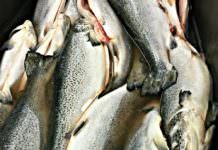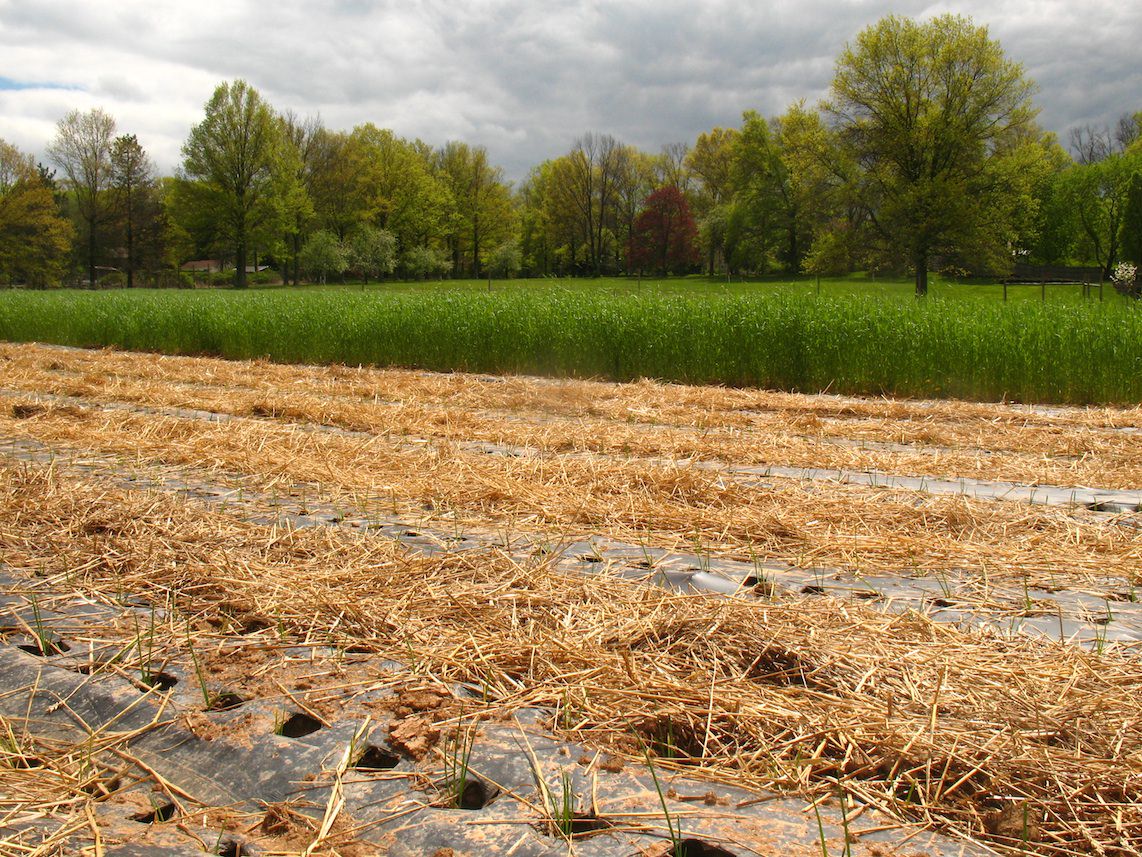
I really liked this intelligent and thoughtful piece by Russ Parsons in the LA Times today on the continuing public discussion of where our food comes from, who produces it and how both “sides” can succeed. Here are a few excerpts. For the full article, click here.
One of the more pleasing developments of the last decade has been the long-overdue beginning of a national conversation about food — not just the arcane techniques used to prepare it and the luxurious restaurants in which it is served, but, much more important, how it is grown and produced.
The only problem is that so far it hasn’t been much of a conversation. Instead, what we have are two armed camps deeply suspicious of one another shouting past each other (sound familiar?).
On the one side, the hard-line aggies seem convinced that a bunch of know-nothing urbanites want to send them back to Stone Age farming techniques. On the other side, there’s a tendency by agricultural reformers to lump together all farms (or at least those that aren’t purely organic, hemp-clad mom-and-pop operations) as thoughtless ravagers of the environment.
Well, at least we’re thinking about it, so I suppose that’s a start. But the issues we’re facing are not going to go away, and they are too important to be left to the ideologues. What I’d like to see happen in the next decade is a more constructive give-and-take, the start of a true conversation.
With that goal in mind, I’d like to propose a few ground rules that might help move us into the next phase — fundamental principles that both sides should be able to agree on.
* Agriculture is a business. Farming without a financial motive is gardening. I use that line a lot when I’m giving talks, and it always gets a laugh. But it’s deadly serious. Not only do farmers have expenses to meet just like any other business, but they also need to be rewarded when they do good work. Any plan that places further demands on farmers without an offsetting profit incentive is doomed to fail.
* Food is not just a culinary abstraction. No matter how much you and I might appreciate the amazing bounty produced by talented, quality-driven farmers, we also have to acknowledge that sometimes food is . . . well, just food. So when we start dreaming about how to make our epicurean utopia, we also have to keep in mind that our first obligation is to make sure that healthful, fresh food remains plentiful and inexpensive enough that anyone can afford it.
* There’s no free pass on progress. Just because you’ve always farmed a certain way does not mean that you are owed the right to continue farming that way in the future. The days of a small or medium-sized farm making a decent profit growing one or two crops and marketing it through the traditional commodity route are long past. The world is changing, and those who can adapt are the ones who will be successful.
* The world is not black and white. The issues facing agriculture today are much more complicated than lining up behind labels such as “local” and “organic,” no matter how praiseworthy they might seem in the abstract.
* Don’t let the perfect be the enemy of the good. Holding out for an unattainable dream may mean losing a chance at a more easily realized goal. At the same time, just because an idea may not be the perfect answer, it doesn’t mean that there aren’t benefits to it. A completely locavore diet is, well, loco, but buying as much locally grown fresh fruits and vegetables as you can is just common sense.
* Quality is more expensive than quantity. Farming fruits and vegetables that are not just healthful but also have great flavor takes a lot of time and work and usually means not growing as much as a neighbor who doesn’t focus on flavor. So when you’re shopping, don’t begrudge a good farmer a little higher price — that’s what it takes to keep him in business.
* What’s political is also personal. If you believe in something, you should be willing to make sacrifices to support it, even if it’s expensive or inconvenient. Wailing about farmers who use pesticides and then balking at paying extra for organic produce is hypocritical because the yields in organic farming are almost always lower. On the other hand, there’s nothing wrong with doing the best you can whenever you can — as long as you’re willing to accept compromises from the other guy too.
* Finally, and most important: Beware the law of unintended consequences. Developing tasteless fruits and vegetables was not the goal of the last Green Revolution; it was a side effect of a system designed to eliminate hunger by providing plentiful, inexpensive food, but that also ended up rewarding quantity over quality. We should always keep in mind that when we’re dreaming of a system that focuses on the reverse, we run the risk of creating something far worse than strawberries that bounce.

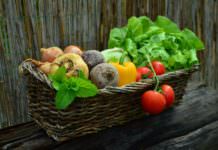


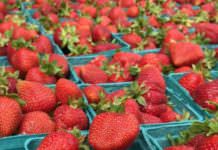



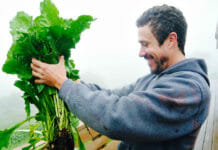
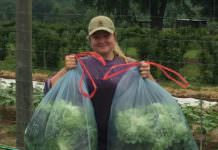
![What we’re reading [Oct 16 2017]](https://www.buckscountytaste.com/wp-content/uploads/2017/10/coffee_macbook_reading_pexels-photo-414630-218x150.jpeg)
